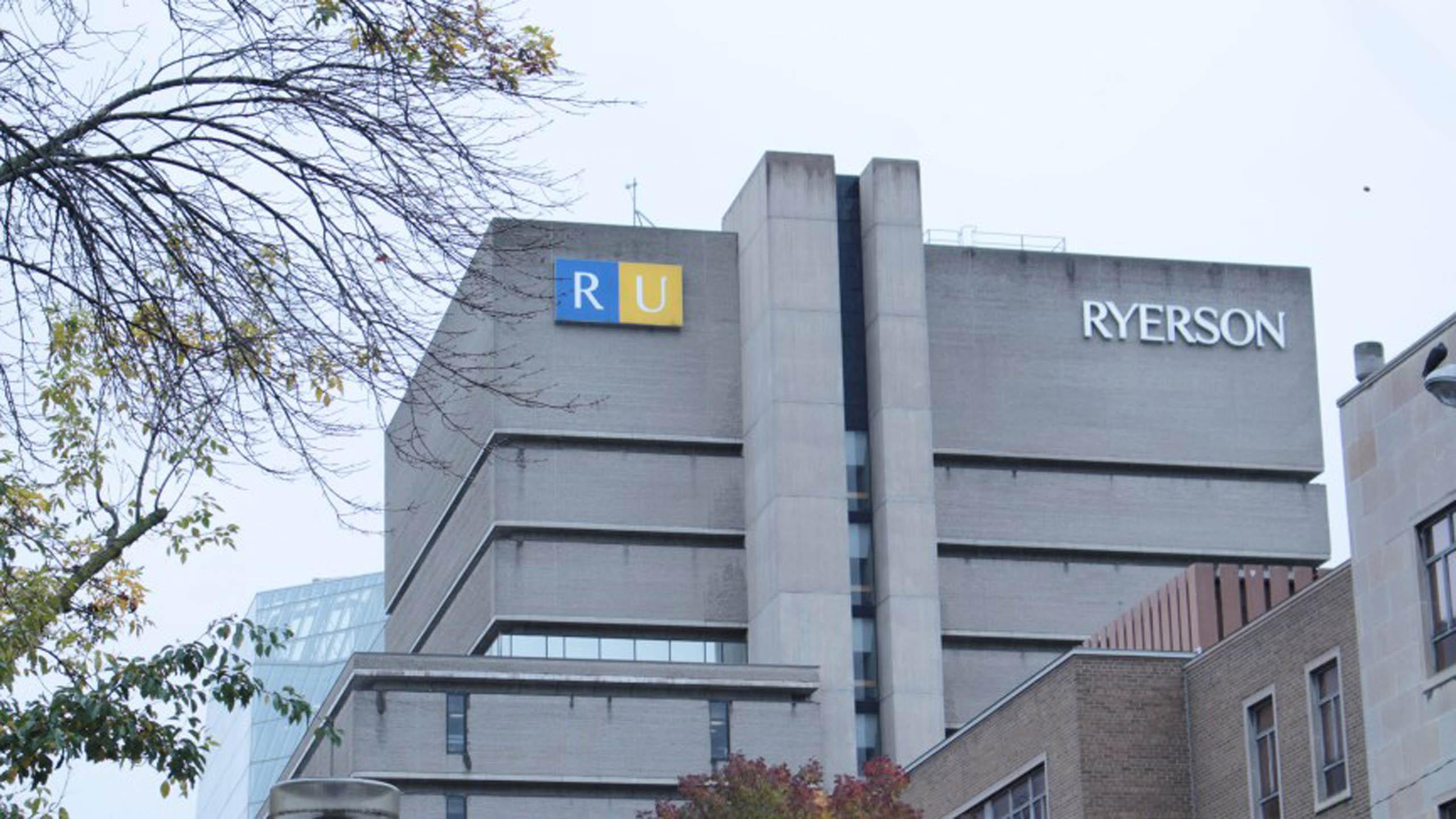By Latoya Powell
“There is no improving police,” said Josh Lamers, a panellist at a discussion during Social Justice Week held at Ryerson University.
Anne-Marie Singh, Olivia Chow and Josh Lamers discussed if and how improving police is possible at The Force That is With Us: Improving Policing in Toronto, Tuesday, Oct. 23.
“We do not need police because it’s always and is always there to serve and protect a brutal state,” said Josh Lamers, the co-founder of the Black Liberation Collective (BLC), to the crowd.
According to the Ontario Office of the Correctional Investigator annual report, Ontario has the second largest Black inmate population following Quebec.
“If we want policing to be better we need to break it down, and realize that the whole system itself is inherently racist,” said Sheldomer Elliot, the Racialized Student Collective (RSC) Coordinator. “If it were to be improved, it needs to be reformed.”
On January 2017, Toronto Police Services (TPS) announced that the Chang School of Continuing Education designed a new program to cover topics such as diversity and “bias avoidance,” for the TPS. The program was held from Dec. 1 to March 31, 2018.
In response, the BLC sent a letter to Mohamed Lachemi, president of Ryerson University expressing their concerns about the police training program.
“Ryerson University needs to think proactively and stop using Black and Indigenous students to be their moral compass. They need to listen to what we demanded the first time and stop relying on our exhaustion to get away with what they do,” said Lamers.
During the event, Olivia Chow highlighted on the importance of reforming the system by voting for people fighting for the protection of marginalized communities.
At Ryerson, 55 per cent of Ryerson’s student population, in 2016 were racialized according to, Employee Diversity Self-ID Report released this 2018.
Lamers said that Ryerson should focus on their own diversity issues first before addressing the TPS’ issues.
One of those issues that Singh, the associate professor in the department of criminology at Ryerson pointed out was the lack of consultation about this program.
“It seems to be that, the consultations takes the form of Ryerson community members having to justify or having to…explain, why the police should not be allowed on campus,” said Singh to the crowd.
While other panallist were concerned about surveillance. Lamers explained to the crowd that institutions are filled with safe spaces, where conversations are held that, “do not need to reach the ears of the police.”
“To have police presence in those spaces is a level of surveillance…that we didn’t even know because we didn’t even know the parameters of them being in our classrooms and beyond that,” said Lamers.
Throughout the year there have been conflicts between Black people and the police. Black Lives Matter Toronto have brought attention to this issue since 2014.
Elliot, said that he has experienced students feeling uncomfortable at the near sight of a security guard.
“For many people, just the near presence of an armed security guard with a batton or pepper spray is really triggering and can bring back a lot of trauma […] that folks have with authority,” said Elliot. “But the RSU itself hasn’t been doing a lot to combat those issues on campus.”
*Correction: A previous version of this article stated that officers must be in uniform while on campus, but this is not the case. The Eye regrets this error.










Leave a Reply